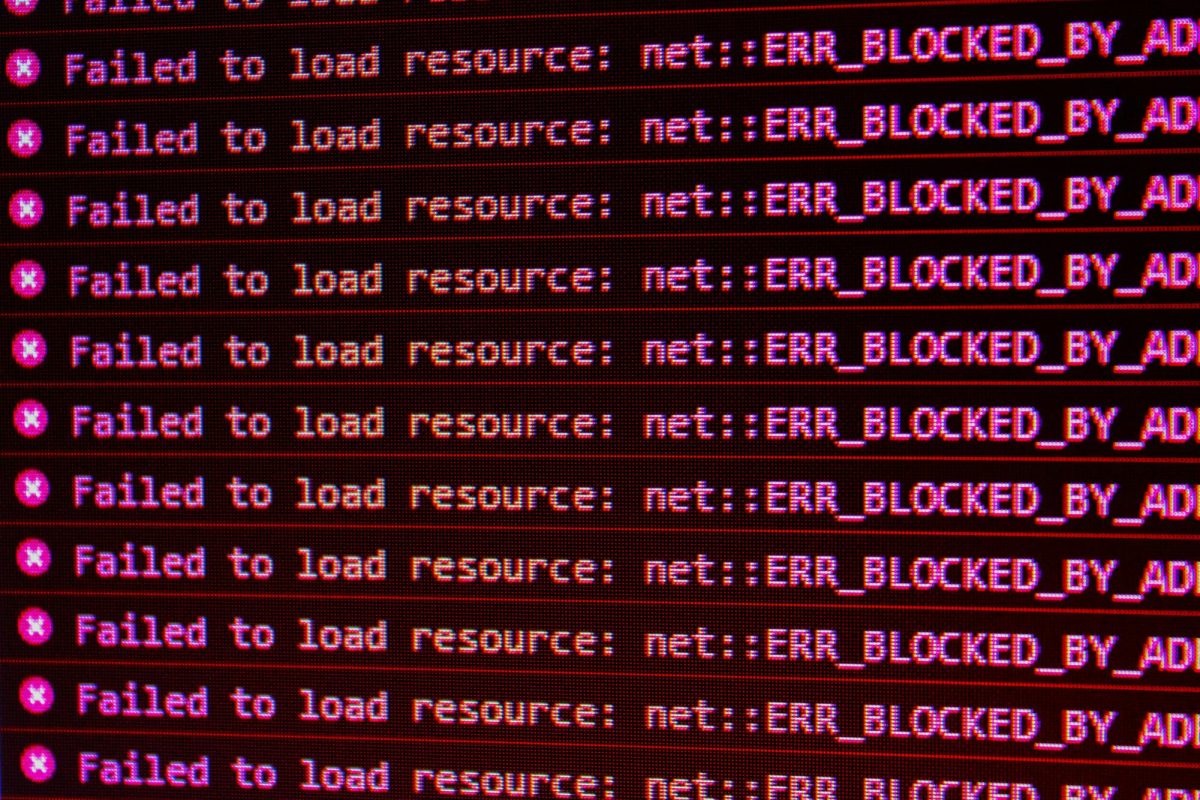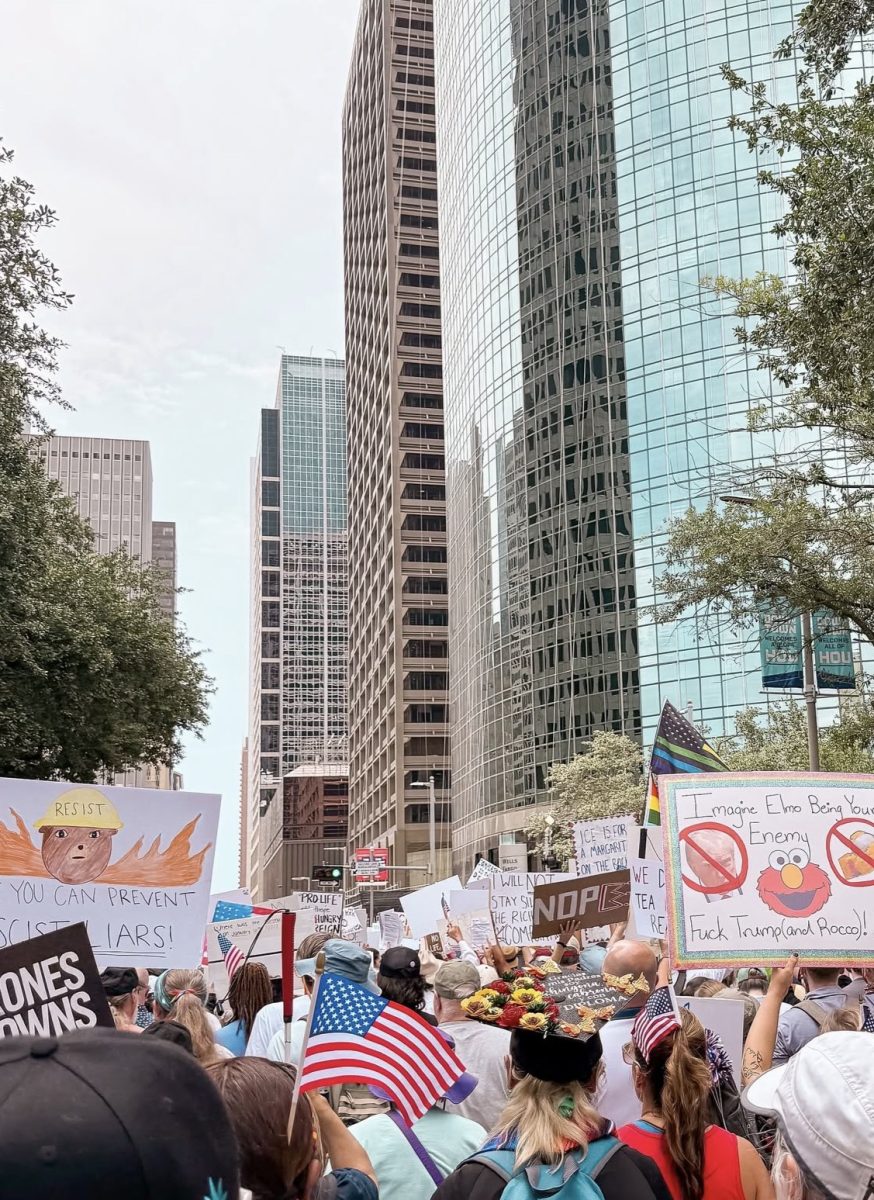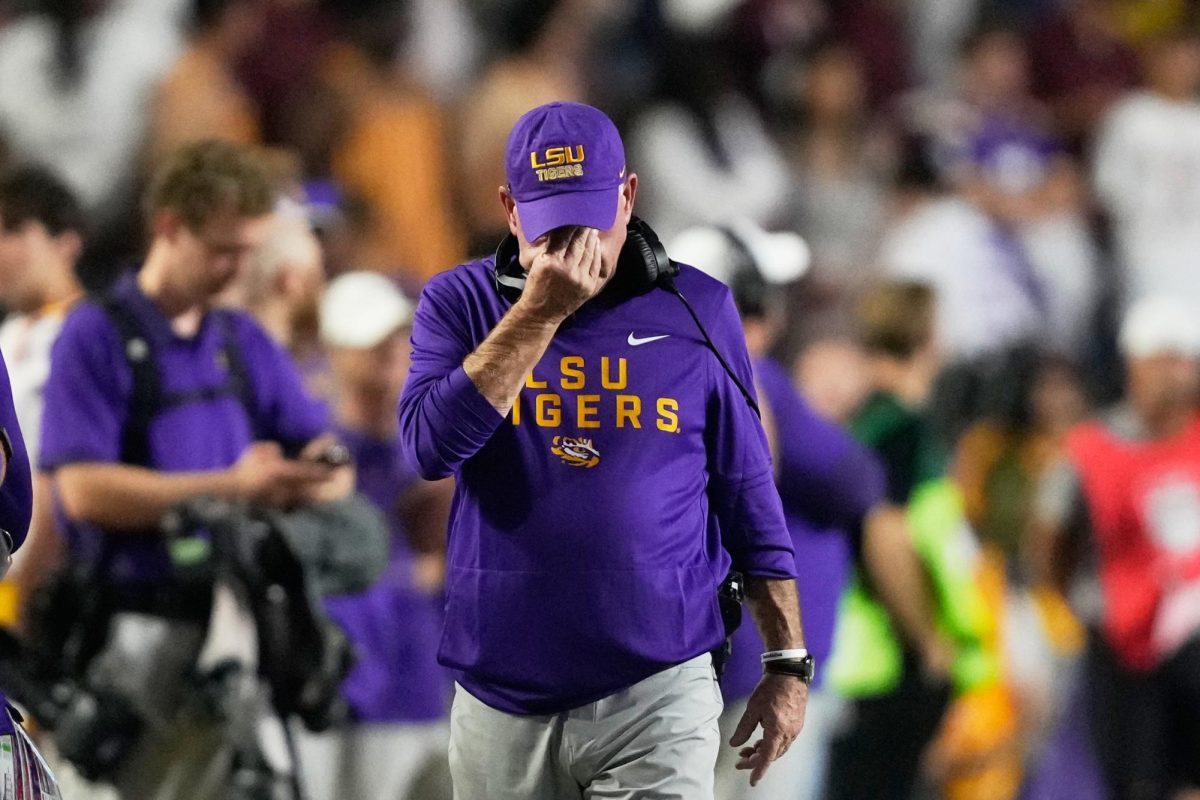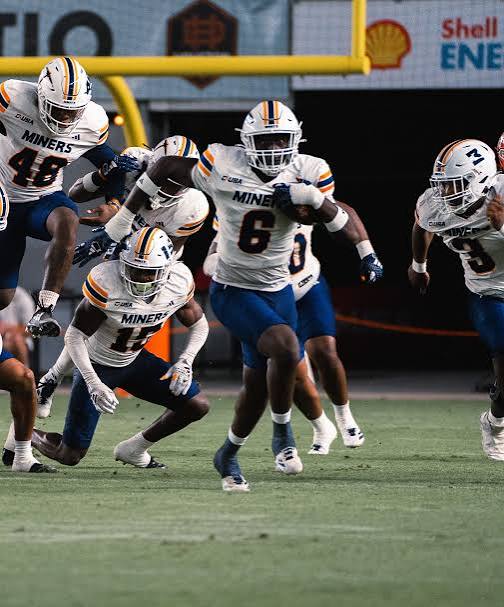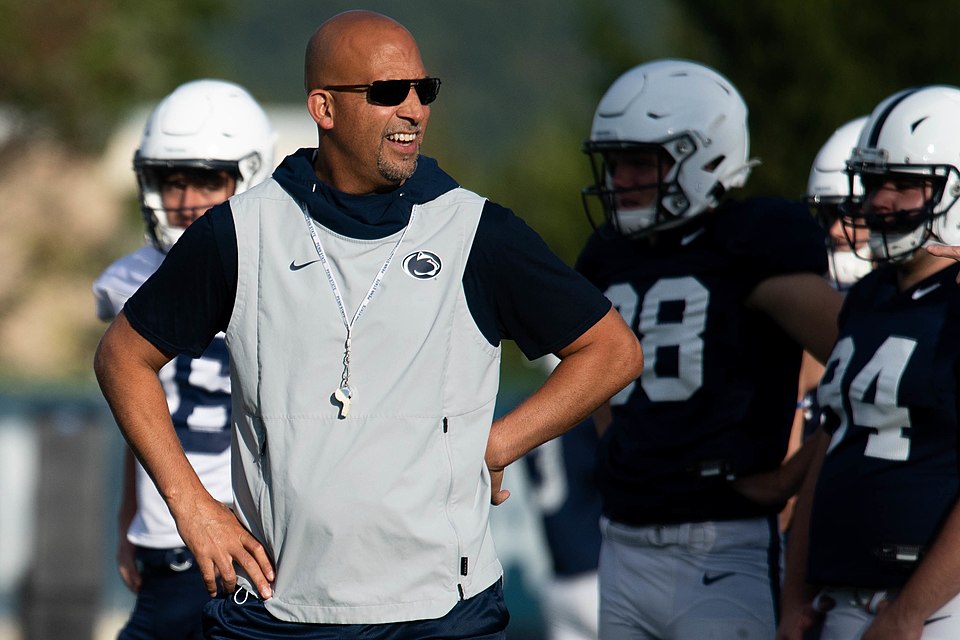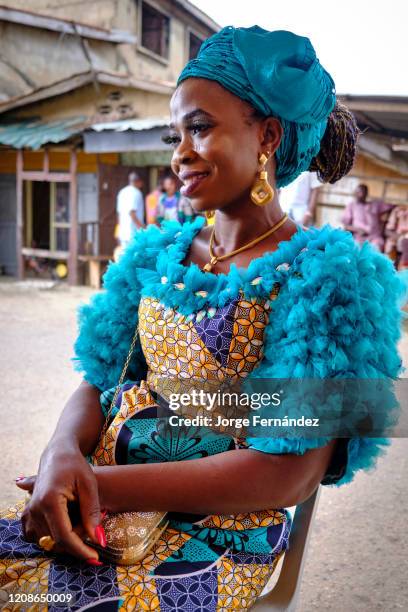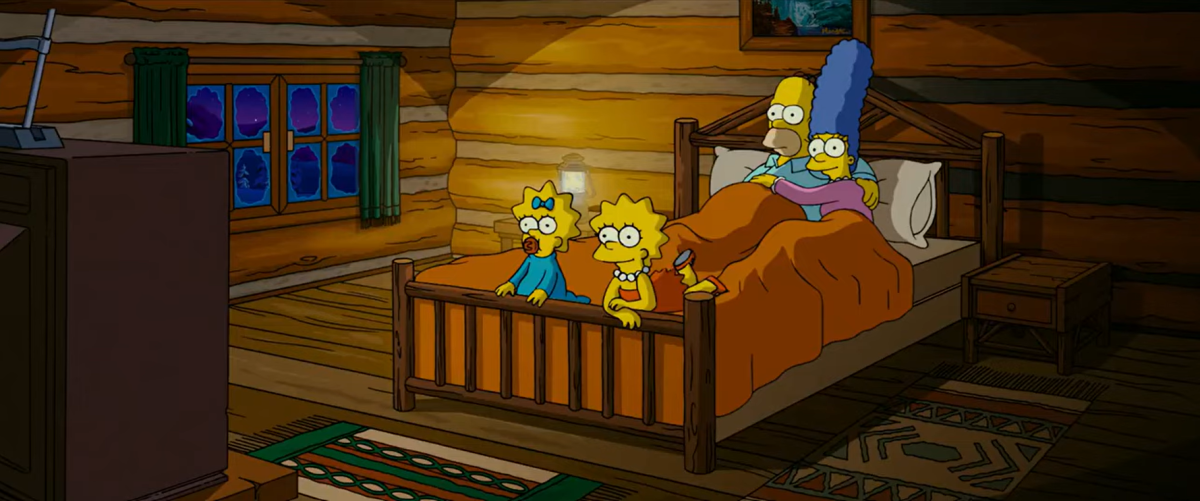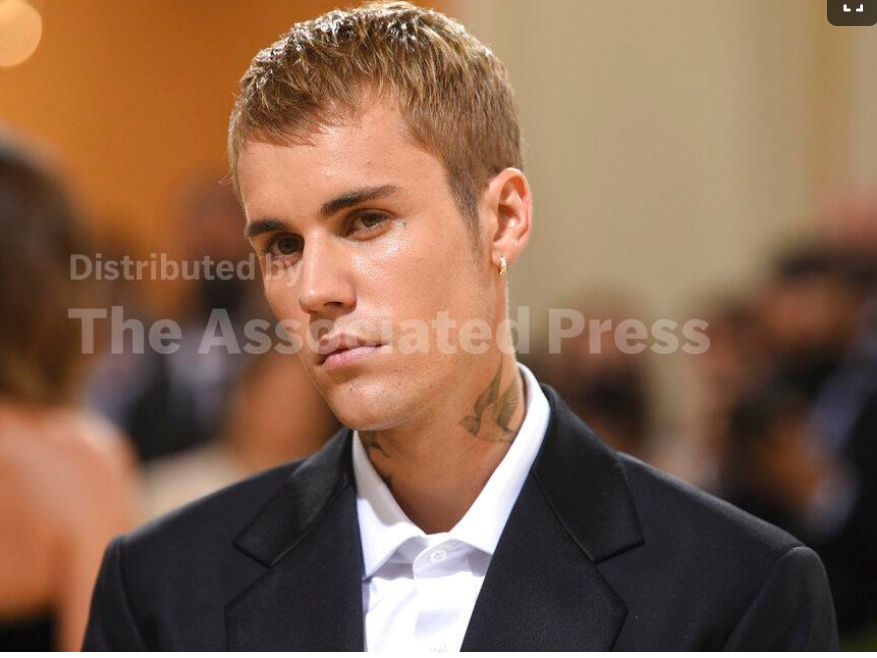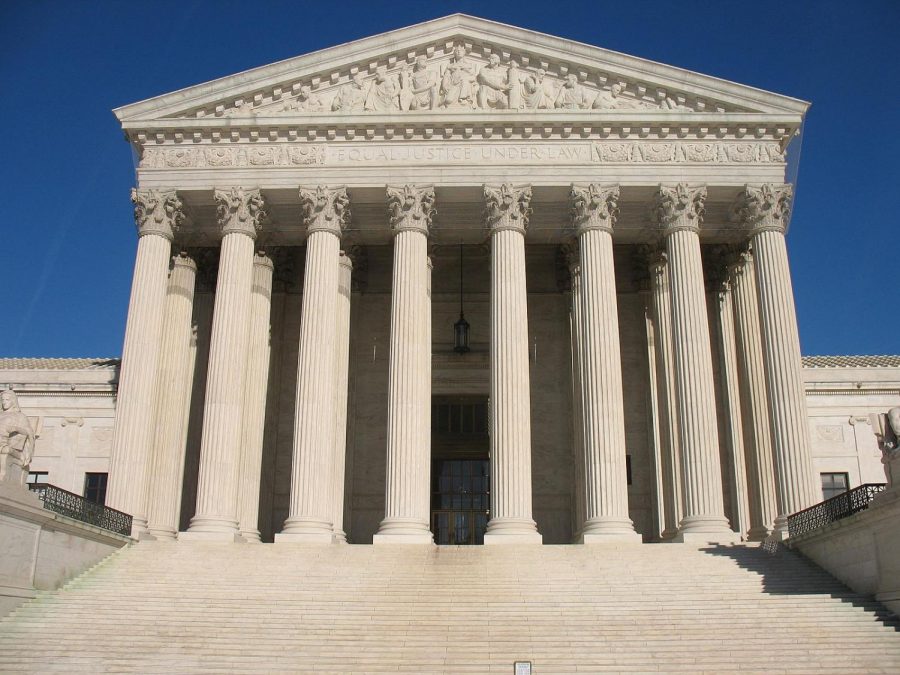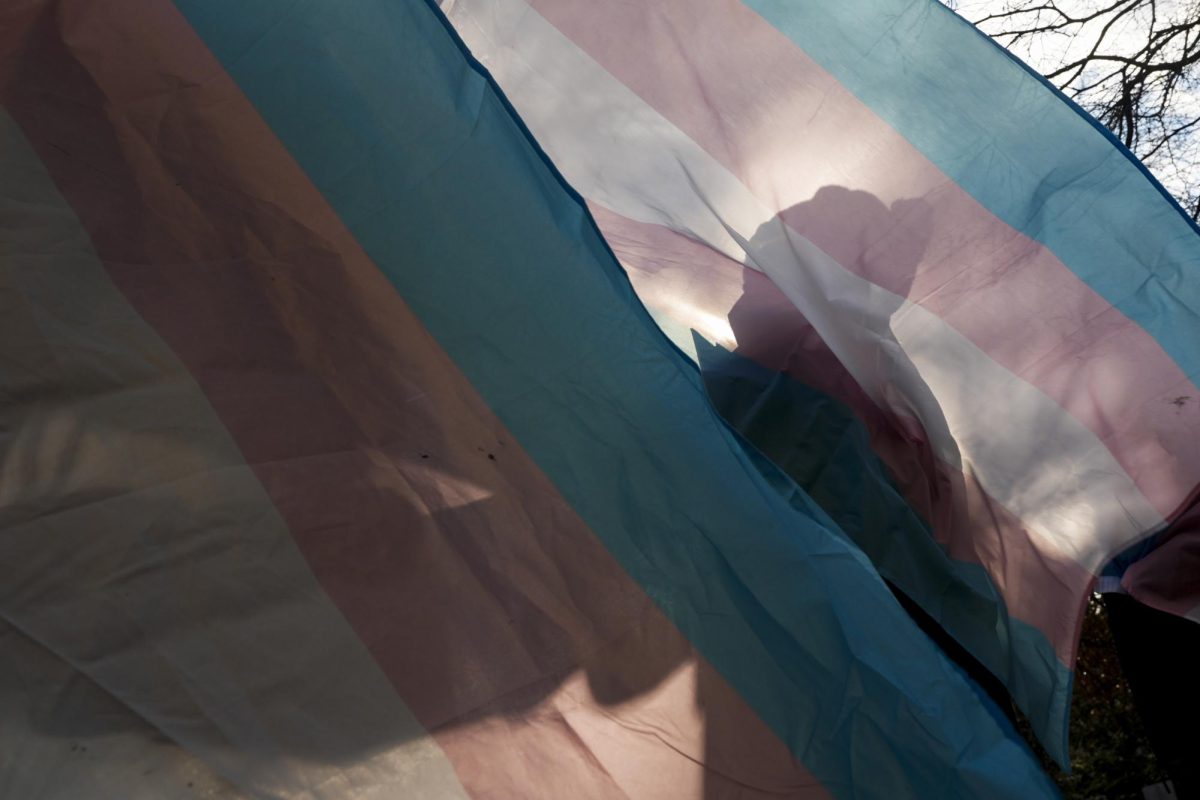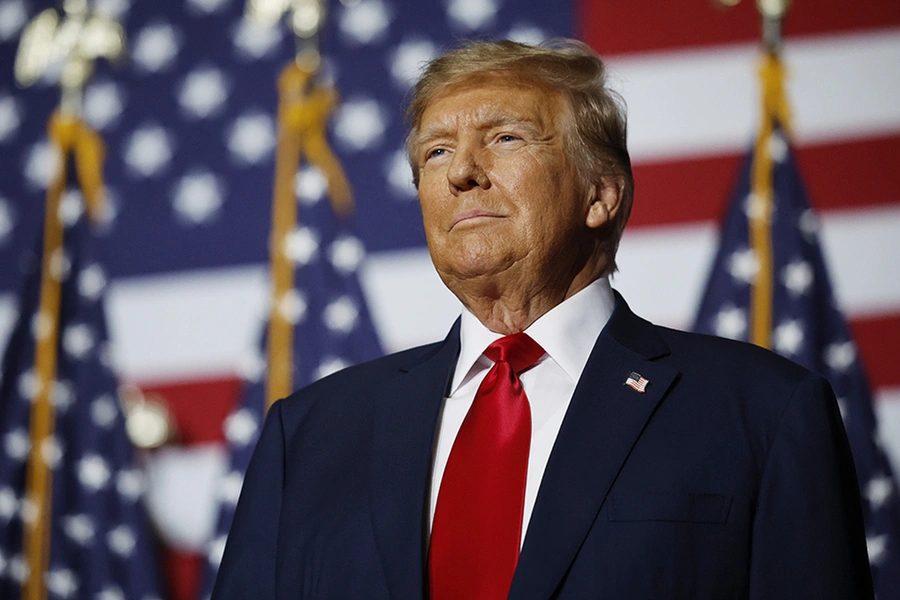Early Monday morning the Supreme Court took an appearance at a few cases of laws that the state of Texas and Florida designed for an approach of social media moderation in which regulates the limit of a companies content on social media platforms . However this seizes to bring the Supreme Court to feel irresolute and skeptical due to the concern impact that regulating social media possibly implicates First Amendment Rights.
Mondays long drawn argument in lawsuit came in effect by two tech groups NetChoice and Computer & Communications Industry Association who challenges if Texas and Florida can both legally prohibit social media platforms from banning political viewpoints and politicians from their social media companies .
As we know in 2021 Texas passed a law restricting large social media companies from banning political posts or users due to the controversy of banning former president Donald Trump from their platforms based on his view n the attack of the US Capitol .In which the state of Texas disagreed on the banning due to social media companies should abide by the equality of another and not based on ones view point .
In the same year The State of Florida passed a law prohibiting platforms and companies from engaging and removing certain content involving politicians and moderation’s in effort to combat claims of censorship viewpoints .
The two tech groups argued both laws are unconstitutional and implicitly violate First Amendment , Freedom of Speech and Social Media companies and platforms shouldn’t be regulated because their viewpoint on politics and politicians . Conservative Justice Amy Coney Barret questioned why tech and media platforms can’t express the same discretion as newspaper publishers in support of free expression and press .
Conservative Chief Justice , John G Roberts Jr ; expressed the concern of the government regulating the internet and question , whether the government or social media companies have the power to adhere to which voices are heard on particular platforms .
After Several hours in the court it speculates the laws would return to lower court and held until pending the Supreme Court’s ruling.

